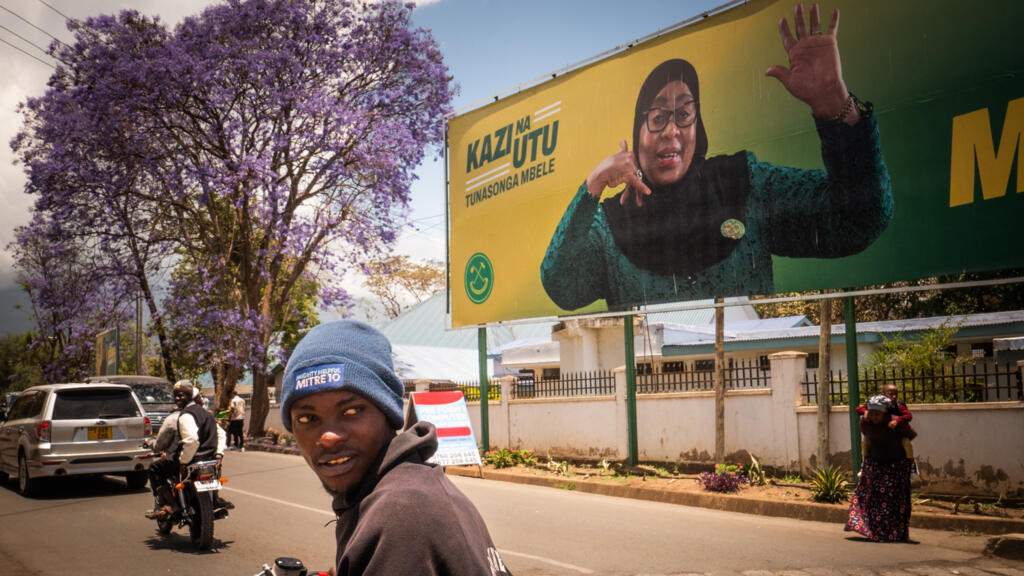Cliff Notes – Tanzania tells students to stay home after tense election
- The aftermath of Tanzania’s general election saw protests in Dar es Salaam over the exclusion of opposition candidates, despite an imposed curfew.
- The government has directed public servants to work from home and advised students to remain indoors amidst ongoing unrest and an internet blackout.
Tanzania tells students to stay home after tense election
The streets of Tanzania’s largest city Dar es Salaam were reported to be quiet early on Thursday, a day after a general election marred by violence.
There were protests in the East African state’s capital Dodoma, on Wednesday over the exclusion of opposition candidates. While results are still to come, President Samia Suluhu Hassan’s is expected to cement her position for a second term in office.
Her party, Chama Cha Mapinduzi (CCM), has governed since Tanzania’s independence in 1961.
The AFP news agency cited a diplomatic source as saying that protests continued into the night despite a curfew imposed on Wednesday.
What government has said
“All public servants in the country should work from home except those whose job duties require them to be present at their workplaces as directed by their employers,” said a post on the Instagram account of government spokesperson Gerson Msigwa late on Wednesday.
Tanzania’s state broadcaster also announced that students should remain at home on Thursday.
The AFP also reported internet blackout was still in place on Thursday, a day after the election, citing a diplomatic source.
The same source said that military and police checkpoints were in place in and around Dar es Salaam, Tanzania’s most populated city.
Covering Wednesday’s polls has proven difficult as many journalists, both local and international, denied accreditation.
Those who attempted to enter polling stations were not allowed to take photos.
In Ubungo, Dar es Salaam, witnesses on Wednesday told WTX there had been opposition protests and that some polling stations had been vandalised.
Presidential poll without main opposition parties
Tanzania’s largest opposition party, Chadema, boycotted the presidential election after its leader Tundu Lissu was imprisoned and faces treason charges after calling for electoral reforms.
Luhaga Mpina, the presidential candidate for the second-largest opposing party, the Alliance for Change and Transparency (ACT-Wazalendo), was disqualified by the Independent National Electoral Commission.
Sixteen opposition candidates representing smaller parties were on the ballot but were not expected to be a challenge for President Samia Suluhu Hassan, who is widely expected to win a second term.


